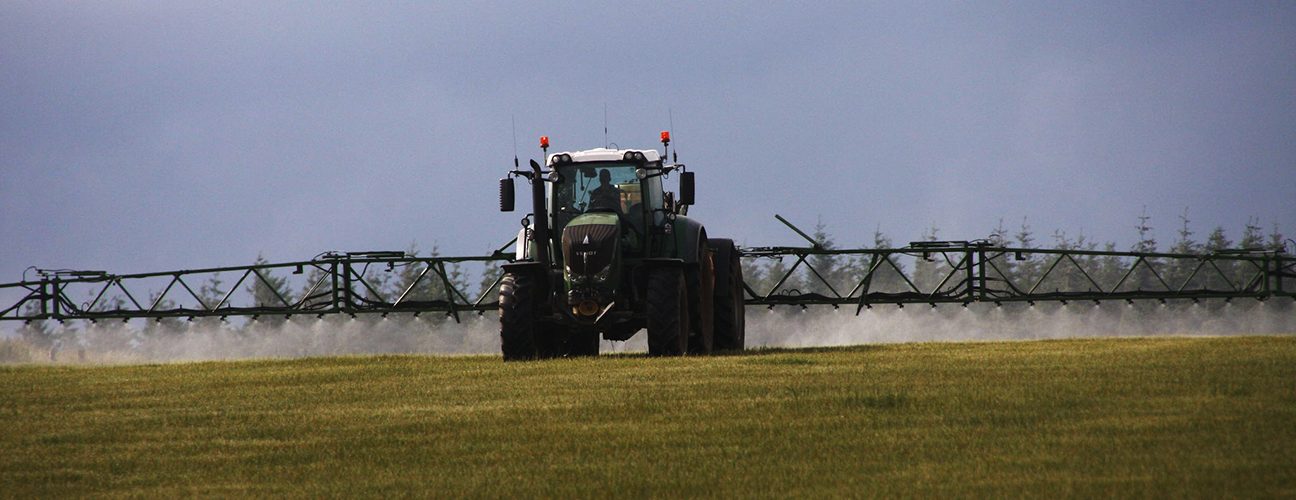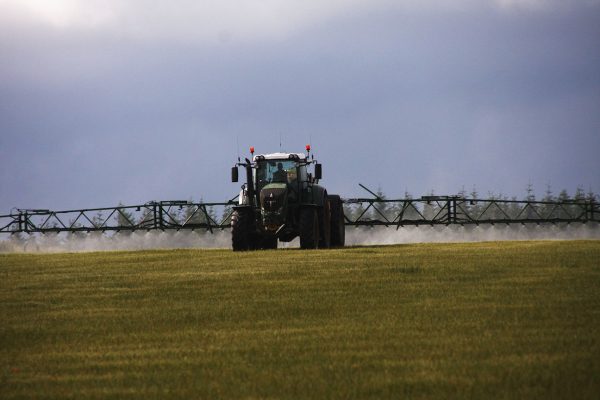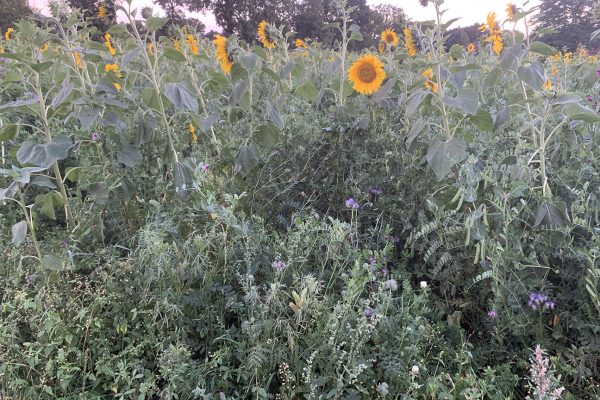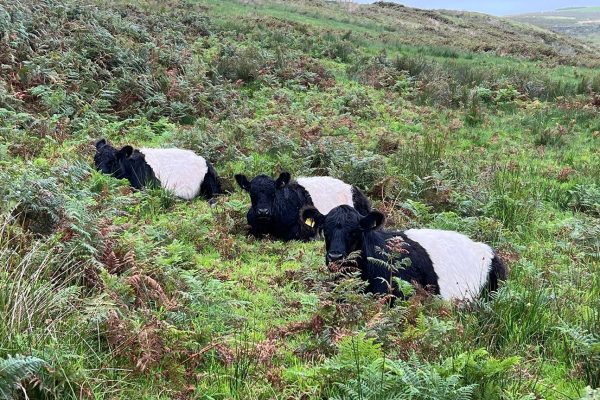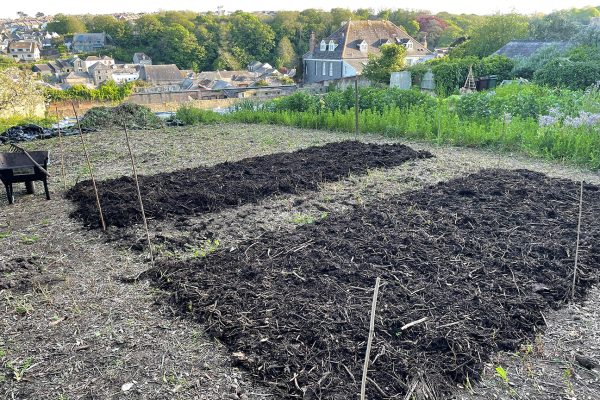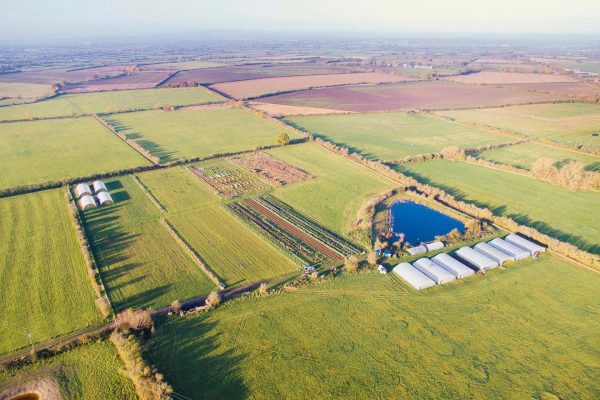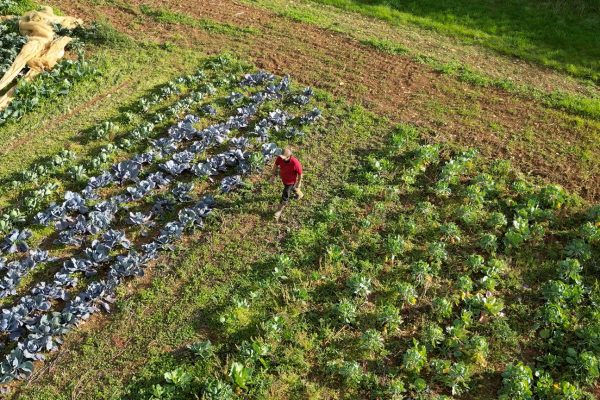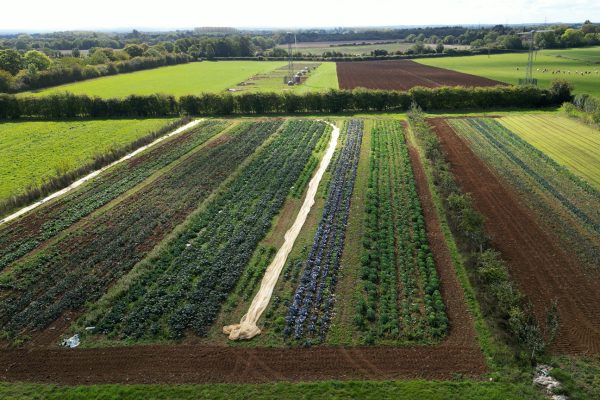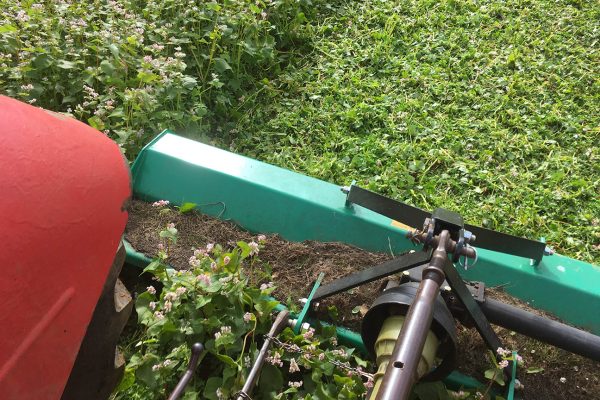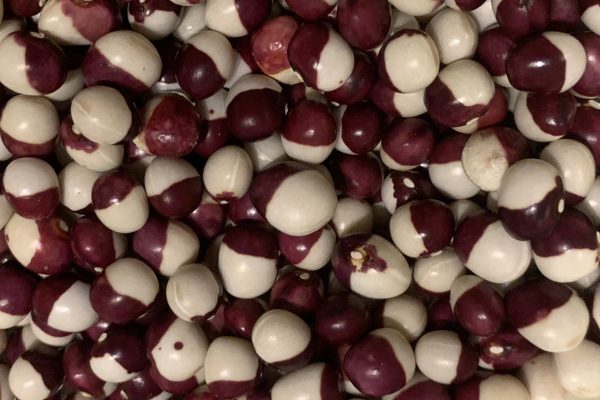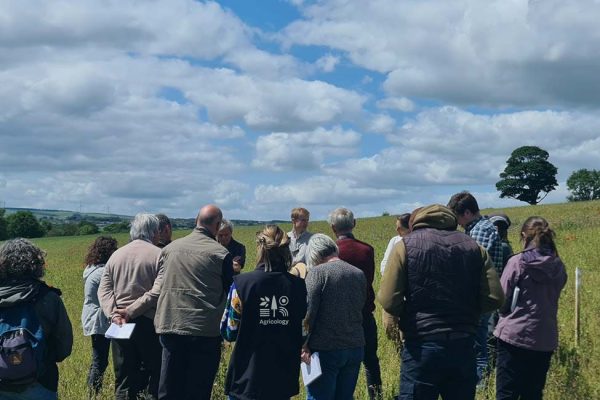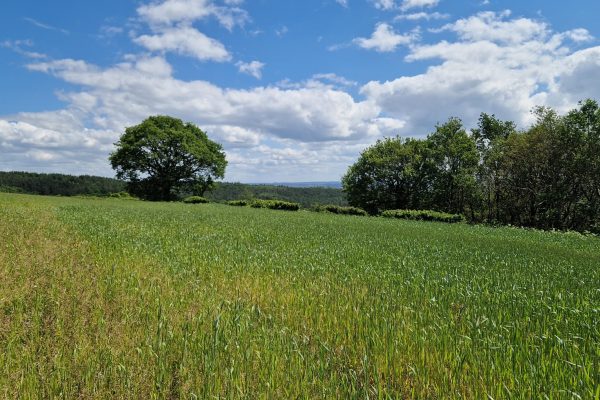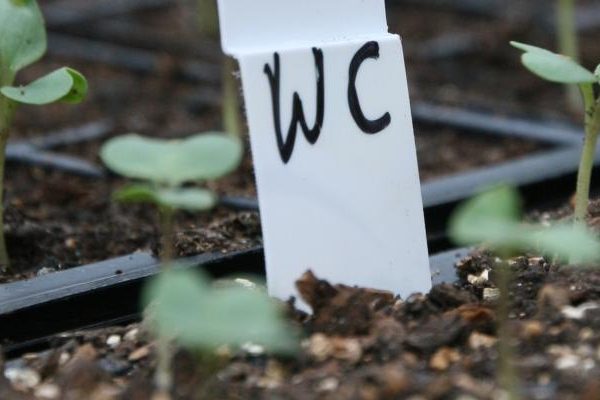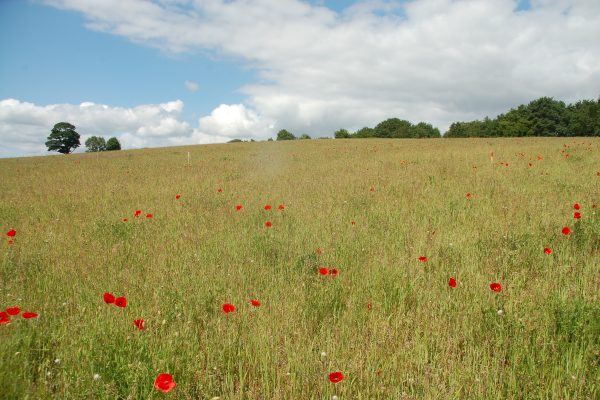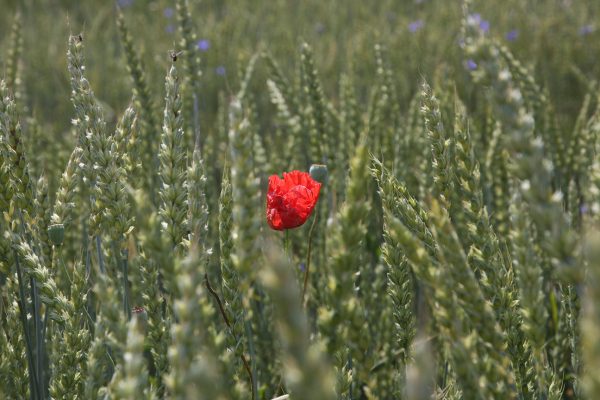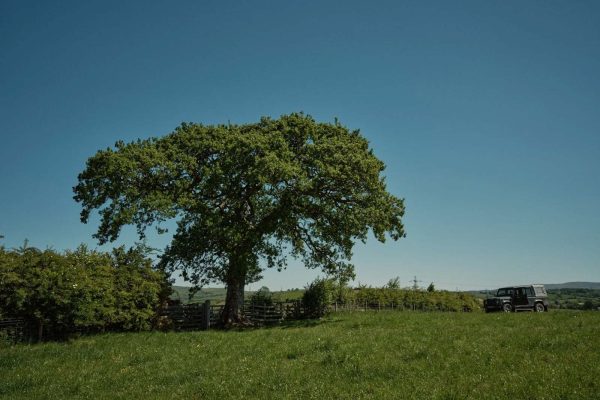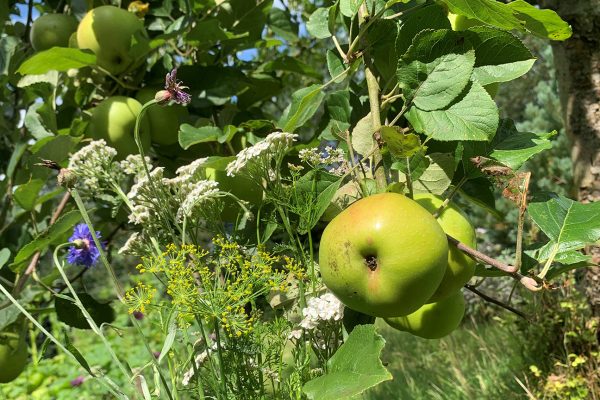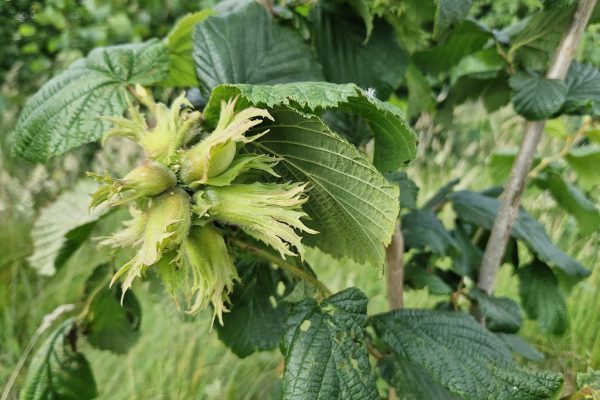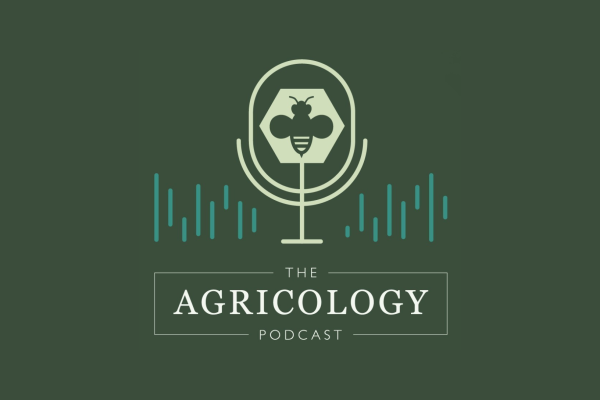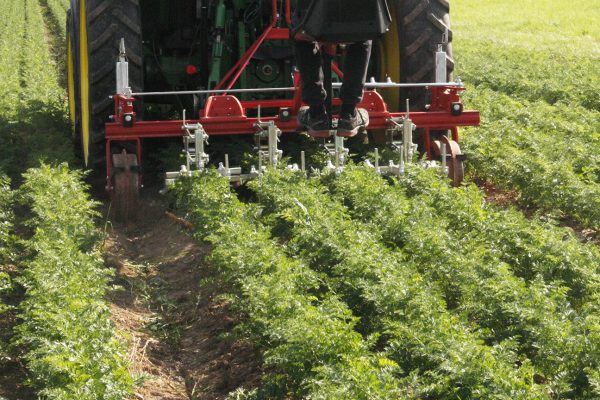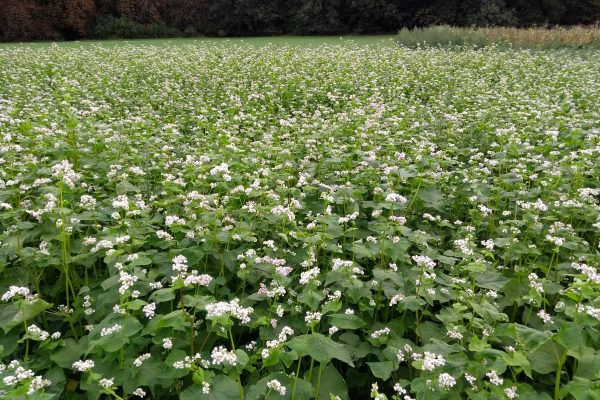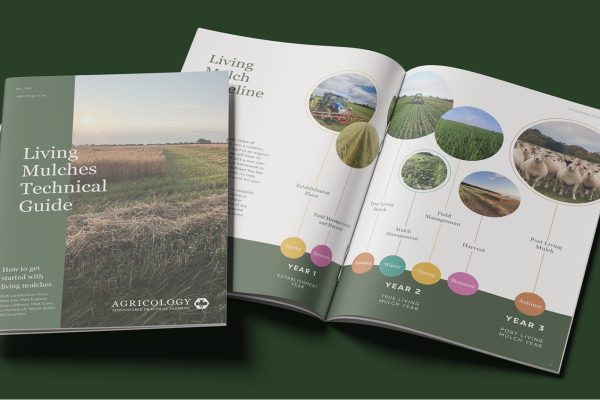Biostimulants: a practical guide
Recording of an ORFC 2026 session where farmers and growers discuss the use of biostimulants, and the benefits of using locally available materials.
LEARN MORERecording of an ORFC 2026 session where farmers and growers discuss the use of biostimulants, and the benefits of using locally available materials.
The UK's first independent cover crops guide with online guidance to help you select, establish and terminate cover crops.
This Innovative Farmers webinar explores using livestock and mechanical options to manage bracken.
This short video from Innovative Farmers features professional gardeners who have been part of a field lab aiming to improve compost management for horticulture production.
Agricology has drawn together practical resources and case studies to help you plan, develop and manage your field vegetable rotations.
In this video Andy Dibben talks through his vegetable rotations: " It's a systems approach. It's how we manage fertility, weeds, pests, and how we achieve good yields from our crops."
This Agricology Technical Guide focuses on vegetable rotations and should be useful for any grower or potential grower on a journey or transition towards more sustainable growing.
The final report for from an Innovative Farmers field lab which investigated using buckwheat as a cover crop in vegetable rotations to reduce couch.
Recording of a 2024 Organic Growers Gathering session that explored the potential and challenges of integrating dried beans into horticultural crop rotations.
Tom Nancarrow gives a practical introduction to formative pruning and care of apple trees at the 2024 Organic Growers Gathering.
Take a walk through highlights from Agricology's first decade in an interactive timeline with featured content.
Weeds are an important component of biodiversity, providing resources for beneficial insects and food webs, but can also be a significant burden to crop yield. This pdf details findings from the James Hutton Institute Centre for Sustainable Cropping long-term experiment relating to weed management.
OGA webinar focusing on how to create your own peat-free growing media for plant raising.
Oper8 video featuring farmer Alex Fraser and Charlotte Bickler from the Organic Research Centre discussing their collaborative work on choosing competitive cultivars for weed management in organic and low-input systems.
Soil Association guide to transitioning to chemical-free weed management.
Agricology has drawn together practical resources and case studies to help you navigate ways in which to integrate trees into farming systems.
In this Nuffield Farming report David Butler investigates if it is possible to maintain good yielding orchards with a high percentage of class one fruit to feed an ever-growing population, while reducing a proportion of chemical inputs with biological control.
This guide from the University of Reading and Forest Research provides useful information on 33 species of trees and shrubs that could be planted in UK agroforestry systems.
In this video Matt England talks through his journey of trialling living mulches with the key learnings, observations and reflections that have come from it.
The Agricology Podcast offers practical insights into sustainable farming, featuring conversations with farmers, researchers, and advisors. Explore topics such as agroforestry, soil health, regenerative agriculture, and livestock management through diverse perspectives.
OGA webinar with Dr Charles ‘Merf’ Merfield on the 'Big 4' in weed management: minimising weed seed rain, (proper) false seed beds, flame weeding, and row hoes.
Innovative farmers webinar with conclusions and recommendations from the field lab on using cover and biofumigant crops to reduce wireworm populations in potatoes
This Agricology technical guide is designed to support farmers in making informed decisions about adopting living mulches in arable systems.
This resource consists of the audio recording and presentations from a session at the Oxford Real Farming Conference 2025 which aimed to address the stigma around the use of tillage in organic and agroecological crop production.
